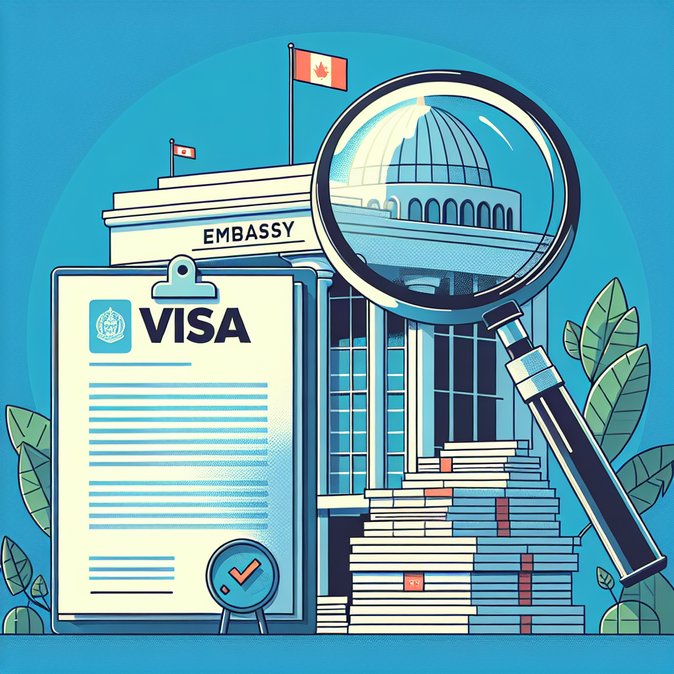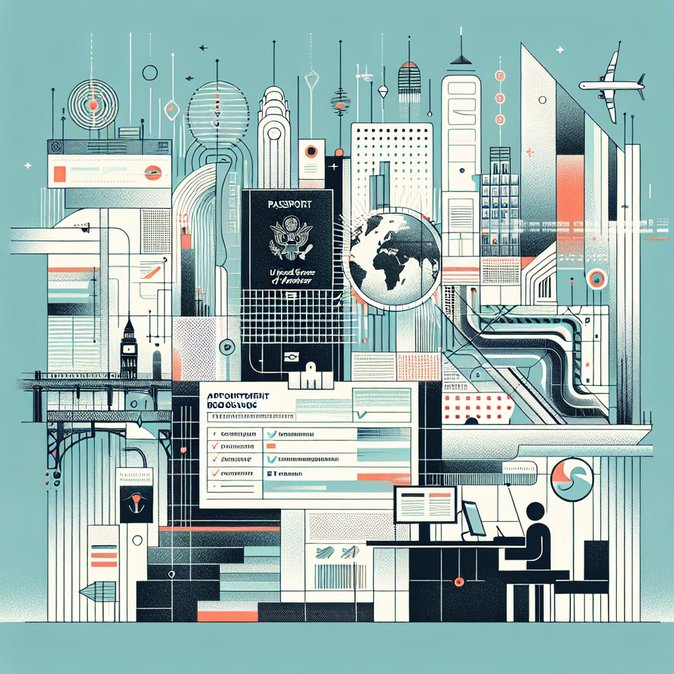
Social-media posts alleging that Schengen visa slots at Germany’s embassy in Pristina were being sold for €500 prompted an unusual public rebuttal on 20 November. Embassy officials told Kosovo’s Gazeta Express that every appointment booked through its online platform is tied to a passport number, making resale impossible.
Demand for German work and study visas in the Western Balkans routinely exceeds capacity, spawning a cottage industry of ‘fixers’ who promise earlier dates—for a fee. Applicants can wait months for a slot, and past scandals at other missions have made rumours plausible.
![German Embassy in Pristina debunks €500 ‘black-market’ appointment rumours]()
The embassy acknowledged delays but insisted any third-party offer "can only be fraudulent". It also reminded applicants that digital fraud-detection features introduced this year automatically cancel duplicate bookings. Looking ahead, the Foreign Office plans to add biometric preregistration and AI identity checks in 2026, enabling missions like Pristina to schedule more interviews each day.
For employers recruiting talent from Kosovo and neighbouring states, the advice is clear: tell candidates to use only the official portal, ignore middlemen and ensure documents are complete at first submission—still the fastest way to secure a slot.
The incident highlights reputational risks for consulates as digitalisation outpaces staffing. Greater transparency—and more interview capacity—may be the only lasting antidote to appointment-scalping rumours.
Demand for German work and study visas in the Western Balkans routinely exceeds capacity, spawning a cottage industry of ‘fixers’ who promise earlier dates—for a fee. Applicants can wait months for a slot, and past scandals at other missions have made rumours plausible.

The embassy acknowledged delays but insisted any third-party offer "can only be fraudulent". It also reminded applicants that digital fraud-detection features introduced this year automatically cancel duplicate bookings. Looking ahead, the Foreign Office plans to add biometric preregistration and AI identity checks in 2026, enabling missions like Pristina to schedule more interviews each day.
For employers recruiting talent from Kosovo and neighbouring states, the advice is clear: tell candidates to use only the official portal, ignore middlemen and ensure documents are complete at first submission—still the fastest way to secure a slot.
The incident highlights reputational risks for consulates as digitalisation outpaces staffing. Greater transparency—and more interview capacity—may be the only lasting antidote to appointment-scalping rumours.








